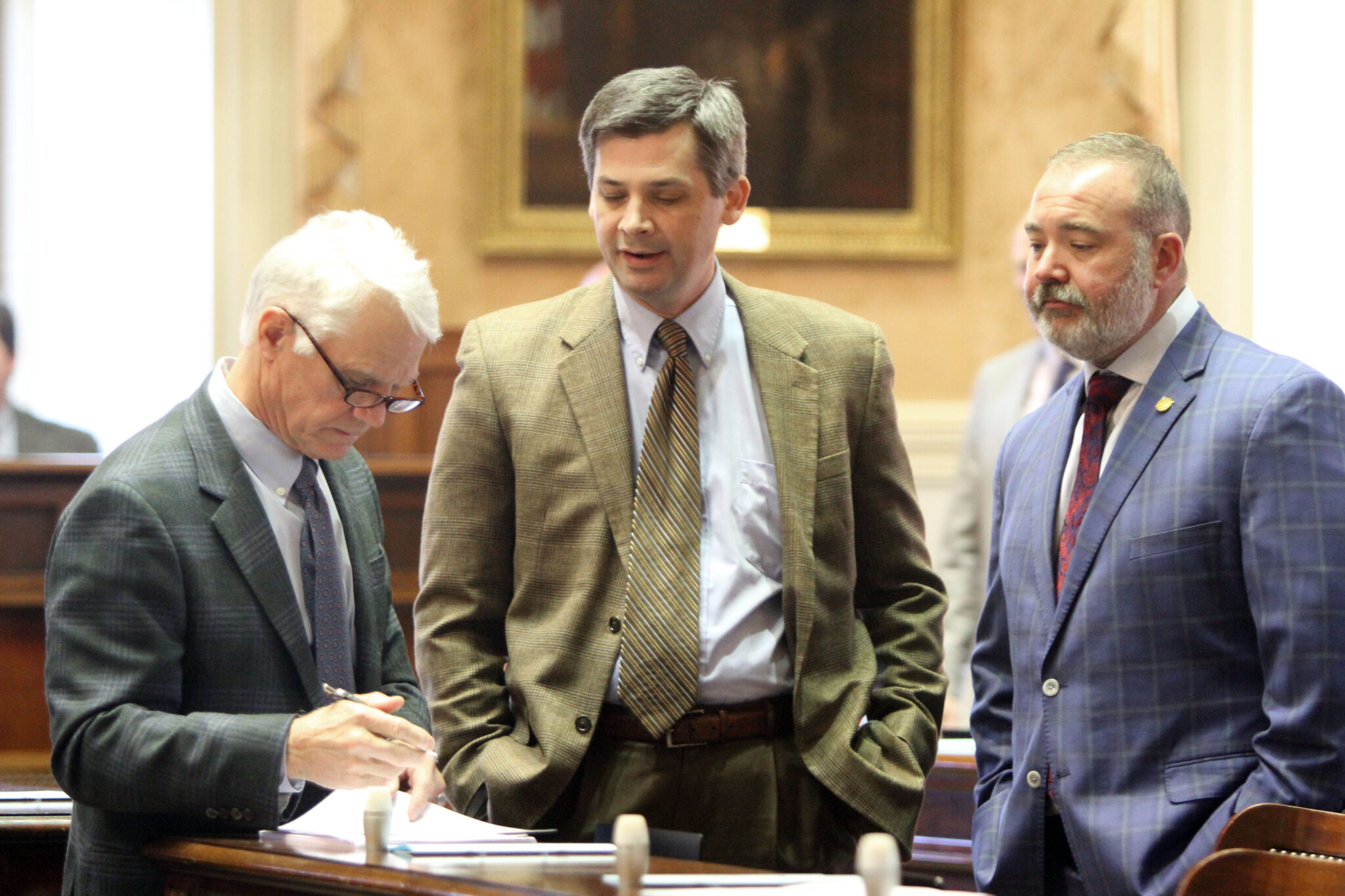Game On: How School Vouchers Could Revolutionize South Carolina's High School Sports Landscape

A game-changing proposal is set to transform high school sports transfers in South Carolina. Starting next school year, student-athletes could gain newfound freedom to switch schools and immediately join their new team's roster, potentially eliminating the traditional waiting period that has long restricted athletic participation.
This proposed policy would mark a significant shift in how high school sports transfers are handled, offering young athletes more flexibility in their academic and athletic journeys. No longer would students be forced to sit out a season after changing schools, a rule that has historically limited their opportunities for competition and personal growth.
The potential change promises to create more dynamic and competitive environments across South Carolina's high school sports landscape, giving students greater control over their athletic careers while potentially reducing barriers to educational opportunities.

